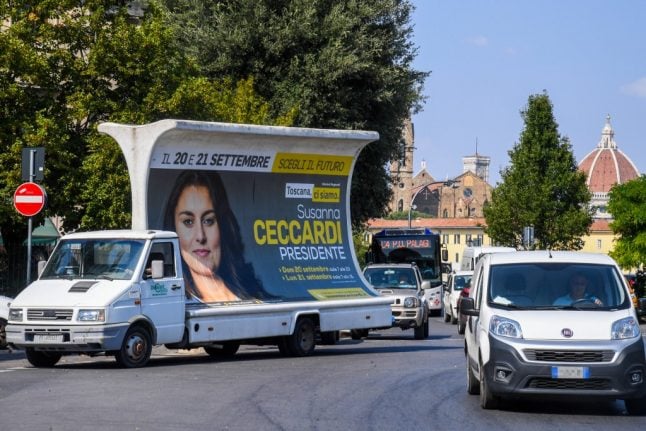People in seven of italy's 20 regions head to the polls this weekend for a referendum and regional polls. In Tuscany, analysts say the vote could change the face of the far-right.


Seven Italian regions go to the polls for regional elections on Sunday and Monday. But the close-run vote in Tuscany could decide the course of the country's political future.

People in seven of italy's 20 regions head to the polls this weekend for a referendum and regional polls. In Tuscany, analysts say the vote could change the face of the far-right.


Member comments